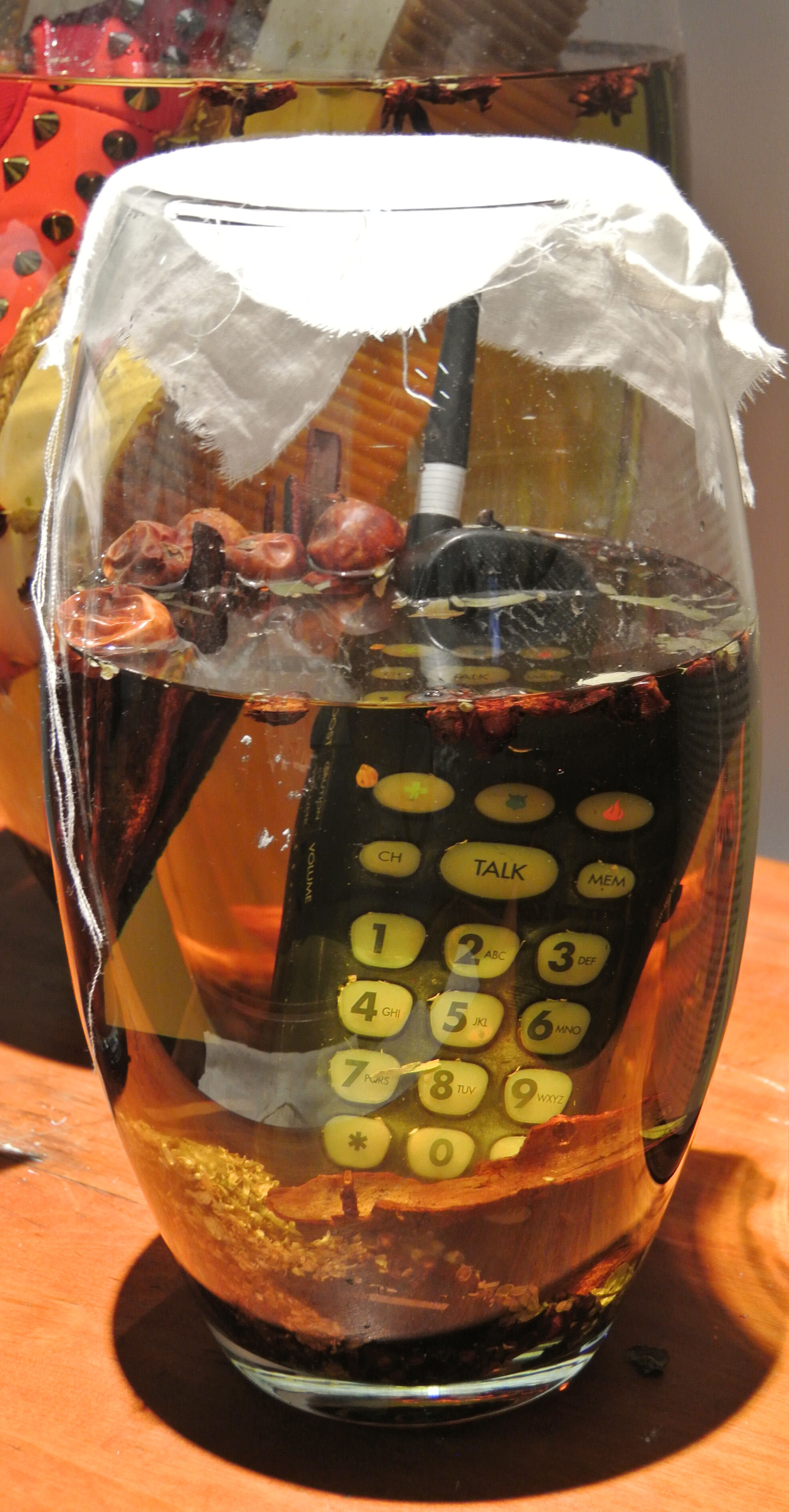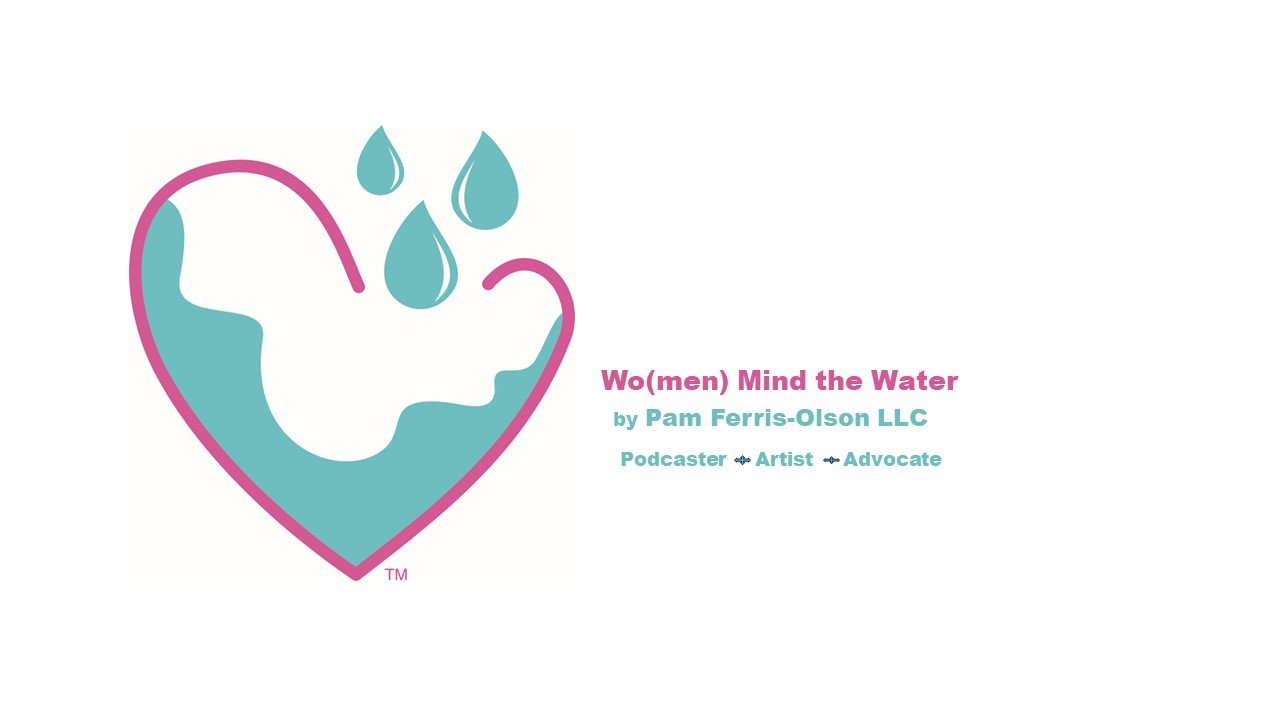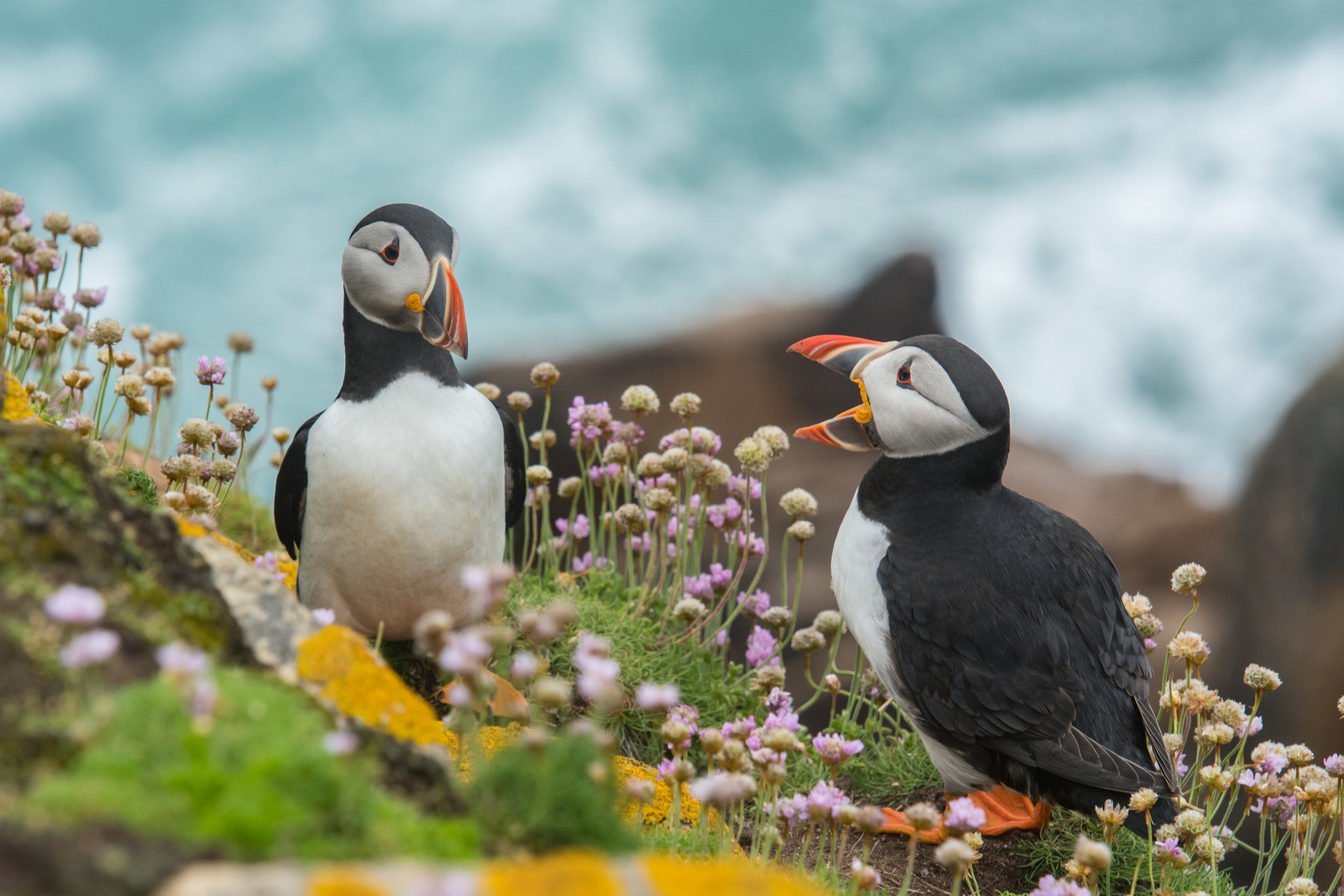
News and Updates
This section features stories that highlight how remarkable yet fragile the ocean is. It also speaks to the connection between humans and the ocean and our responsibility to protect it.
Stories, unless otherwise noted, are written by Pam Ferris-Olson, PhD. Pam has studied ocean creatures, worked in communication, and, as founder of Women Mind the Water, focuses on the relationship between humans and water. Her Wo(men) Mind the Water Artivist Series explores the work of artivists (artists +activists) and their impact in influencing change.
Exploring Synergies: Weaving Water and Wo(men) Mind the Water
Wo(men) Mind the Water (US/Dr. Pam Ferris-Olson) and Treecreate (Australia/Dr. Tracey Benson) may be geographically a world apart and approach storytelling in distinctive ways yet they share common values and objectives. Their focus is water, aquatic ecosystems, and culture. They wish to inspire engagement and action. They agree that storytelling is a powerful way to advocate and move people to take action.
Blue Carbon and the Climate Crisis
What is Blue Carbon? Blue carbon is directly related to marine ecosystems and their ability to sequester carbon dioxide. These ecosystems are pivotal in the fight against climate change. Ecosystems like mangroves, tidal marshes, and seagrass beds also have an important role in protecting coastlines from storm surge, erosion, flooding, as well as providing vital habitat for marine life. Conversely, when blue carbon ecosystems are negatively influenced, directly or indirectly, by human activities, it undermines their ability to sequester and store carbon resulting in the release of harmful greenhouse gases.
Hot Chicks, Cool Dudes: Rising Temperatures and Its Impact on Sea Turtles
Hot chicks and cool dudes. It’s not the latest slogan for Florida but it is apropos. This catchy phrase has been used to describe the effect of climate change on the sex of loggerhead sea turtles hatchlings. Studies show that temperature influences the gender of sea turtle hatchlings with more females born in hot temperatures and males at lower temperatures. A discussion of the research findings.
Why Save the Whales?
Whales play a vital role in the well-being of the planet. They contribute to the production of oxygen we breathe, sequestration of carbon that otherwise would increase the rate of global warming, awareness of the state of the ocean’s health, and the economy of many coastal communities worldwide.







